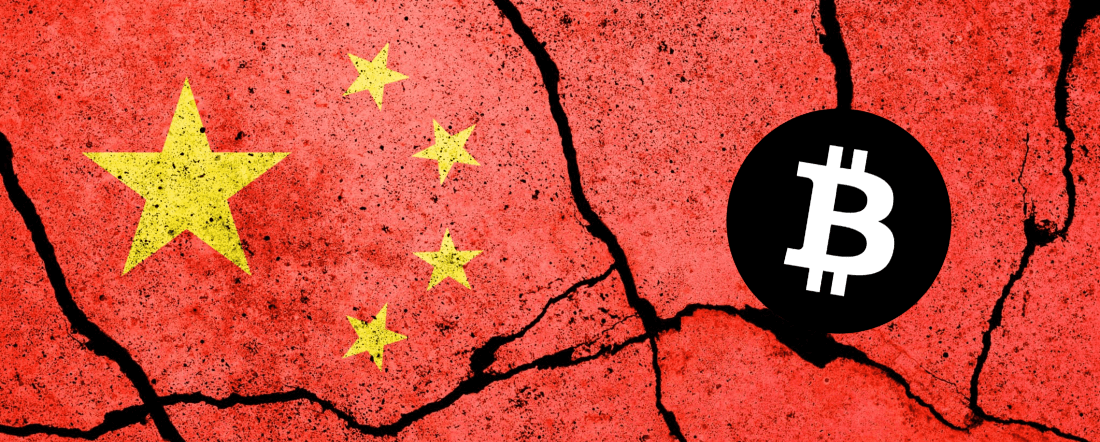Key Insights
- Study shows Chinese crypto investors more willing to make big bets than regional peers
- Over 70% of polled Chinese traders allocate more than half portfolios to crypto
- Chinese preference for risk contrasts with stablecoin holdings dominating elsewhere in Asia
SINGAPORE (MarketsXplora) – Cryptocurrency investors in China are more willing to make heavy bets than counterparts in nearby countries like South Korea and Taiwan amid Beijing’s trading ban, research showed on Thursday.
Over 70% of Chinese market participants surveyed held crypto allocations above 50% of their portfolios, significantly higher than most others in the region, according to the study published by Vietnam’s Kyros Ventures.
The findings indicate persistent speculation in China’s unofficial crypto channels even after authorities outlawed transactions in 2021, detaining those skirting the rules. Only 33% of polled Chinese held stablecoins, versus nearly 60% of Vietnamese favoring these less volatile tokens.
“Chinese traders gravitate toward risk despite the crackdowns as they rely more on centralized exchanges while Korea and Taiwan prefer platforms directly interacting with blockchain,” said Taipei-based Marc Yang, Kyros co-founder.
The China preference contrasted with more cautious stablecoin holdings by Japanese, Thai and Taiwanese traders spooked by crypto price volatility through 2022-2023, where bitcoin shed two-thirds of value.

Hong Kong topped regional growth for authorized crypto exchanges in 2023 with venues like OSL Digital Securities and HashKey Group earning permits just as financial hub rival Singapore hesitated to widely liberalize.
Read also! Crypto Exchange Bybit Applies for Hong Kong VATP License
Neighboring countries nudged forward market reforms and infrastructure too. South Korea passed investor protections laws as public pension funds bought into U.S exchange Coinbase, while Taiwan studied exchange-traded funds.
Crypto’s regional rise persists despite recent crises like November’s swift collapse of exchange FTX, emphasizing need for guardrails without discouraging innovation, regulators said.


